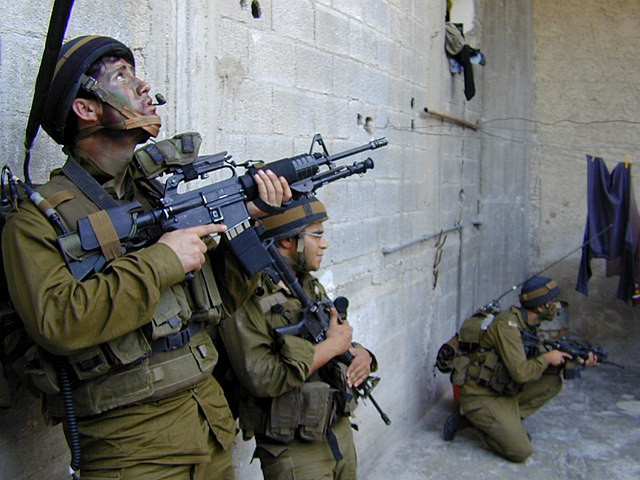The Israeli military has launched a sweeping operation in the West Bank city of Jenin, intensifying its efforts to target what officials describe as terrorist networks. The operation, described by Israeli Defense Minister Israel Katz as a "shift in security strategy," has drawn widespread attention and criticism, with escalating violence leaving at least 10 Palestinians dead and dozens injured.
The assault marks a continuation of heightened military activity across the West Bank following a recent ceasefire in Gaza. Israeli Defense Forces (IDF) reported carrying out airstrikes and detonating roadside explosives in Jenin, targeting infrastructure they claim is tied to militant activities. The Palestinian Health Ministry confirmed the casualties, noting that over 40 individuals were wounded in the strikes.
According to the Palestinian Red Crescent, ambulances have been unable to access many areas in Jenin, where wounded individuals remain stranded. "No one can break the siege on the refugee camp and the surrounding area," said Nebal Farsakh, a spokesperson for the organization. She added that medics treated several fatalities and numerous injuries caused by live ammunition.
In a statement on Wednesday, Wissam Bakr, director of the Khalil Suleiman Government Hospital in Jenin, described the dire conditions within the facility. Bakr reported that Israeli military vehicles had blocked hospital exits, preventing ambulances from entering or leaving, while supplies of food and water for the 600 people sheltering inside were running critically low.
Video footage obtained from the area revealed Israeli military bulldozers tearing up roads near the hospital, exacerbating access issues. Bakr noted that medical staff had been injured in the operation, underscoring the challenges faced by first responders amid the conflict.
The IDF, in a statement, defended its actions as "precise operations to target and fight terrorists while enabling the civilian population to go on with their lives." However, the blockade of Jenin has sparked accusations of collective punishment from Palestinian officials, who allege that the military actions aim to undermine the Palestinian Authority's control in the West Bank.
Amid the intensifying operations in Jenin, other areas of the West Bank have also seen increased military activity. Reports indicate that Israeli forces have established nearly 900 new checkpoints and gates across the territory since early October, significantly restricting movement for residents. Palestinian cities such as Bethlehem and Tulkarm have experienced raids, with dozens of arrests reported.
Israeli far-right officials have expressed support for the military campaign. Finance Minister Bezalel Smotrich described the operation as a critical measure in eradicating terrorism in the region, calling it a necessary extension of Israel's recent actions in Gaza. Analysts, however, argue that the move may also serve political purposes. Yagil Levy, a scholar of civil-military relations, suggested the operation is intended to appease far-right factions in Israel's government while weakening the Palestinian Authority.
The humanitarian impact of the operation has drawn international attention, with the United Nations raising concerns about the use of excessive force. The UN Human Rights Office for the Occupied Palestinian Territories highlighted the potential for further escalation and called for measures to protect civilians in the conflict zone.
In addition to the violence in Jenin, reports of increased settler violence have emerged, with incidents of arson and attacks on Palestinian villages. According to local sources, more than 21 Palestinians, including children, have been injured in these assaults.




